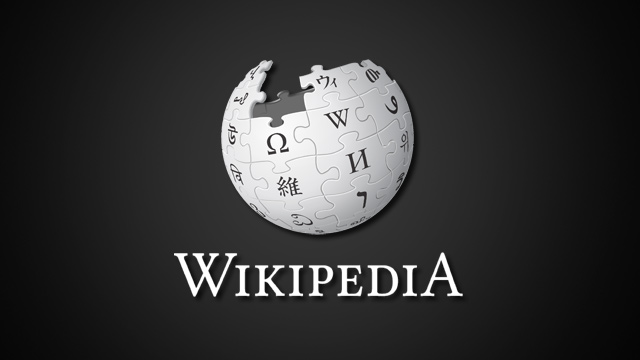Will renaming low-risk cancers minimize anxiety and harm caused by unnecessary investigation and treatment?
04/11/2019 / By Vicki Batts

Should low-risk cancers be renamed? In a head-to-head debate recently published by the British Medical Journal, Laura Esserman argues against using the word “cancer” to describe low-risk malignancies. It’s no secret that there is a lot of fear-mongering in the cancer industry — nor is it a secret that cancer overdiagnosis and overtreatment are widespread issues. Esserman posits that changing the way we talk about ultra-low-risk cancers can help reduce overtreatment — and reduce fear and anxiety for patients along with it.
Estimates suggest that many millions of dollars are spent on chemotherapy treatment for ultra-low-risk lesions that may never turn in to an actual cancer. Yet these lesions are called “cancer” anyway — perhaps just to scare patients in to becoming willing participants (or more accurately, victims) of the cancer trade.
Does this look like cancer?
Esserman contends that there is no singular diagnosis more fearsome than the dreaded “cancer.”
“It is a compelling argument that ethics alone require us to use a strict definition of the word to avoid unnecessary harm to our patients — psychological, physical, and financial — from unnecessarily invasive investigation and treatment,” she states.
Indeed, it is clearly unethical to so loosely define a word with such weight and impact — and for such reasons alone, it would seem self-evident that so-called “Stage 0” cancers ought not even exist. Even the use of terms like “precancer” can be misleading and confusing for patients; is it cancer, or is it not cancer?
Esserman states further that a condition that is indolent or highly unlikely to metastasize is “not a cancer as clinically defined.” She writes further that an estimated 35 percent of screen-detected breast cancers are ultra-low risk, and that 25 percent of all breast cancers are ductal carcinoma in situ or DCIS. DCIS is known for being very low risk, yet thousands of women are rushed into the operating room every year for treatment — ultimately because the word “cancer” is being used.
Esserman says there are alternative methods of dealing with DCIS, such as “active surveillance,” but notes “it is difficult to encourage patients to wait and watch once they have been told they have cancer.”
DCIS is generally considered to be a benign condition — yet millions of dollars are pumped into the cancer industry through this misleading diagnosis.
Esserman’s foil, Dr. Murali Varma, says that changing the paradigm would be too confusing for patients.
Profits over people, as usual
As Mike Adams, founder of Natural News and Brighteon.com, recently reported, research has long since indicated that not all “cancers” are malignant, and that many types of tissue “lesions” are benign and never cause harm during the person’s lifetime. But studies show that many of these innocuous lesions are now being labeled “cancer” by oncologists who are all too eager to wheel their next patient into the treatment room.
Research published in 2016 found that in the United Kingdom, nearly half of all mastectomy patients receive unwarranted surgery. The investigators found that in many cases, doctors exaggerated the stage of the cancer and what kind of health threat it presented. Failure to accurately “plot the spread of disease” was also noted. Ultimately, these uncouth behaviors are causing thousands of women to lop off their breasts for no reason — other than to help line the corrupt cancer industry’s pockets.
See more coverage of medical industry corruption at CancerScams.news.
Sources for this article include:
Tagged Under: bad medicine, Big Cancer, Big Pharma, cancer, cancer industry, Cancer Scams, cancer treatments, corrupt industry, harmful medicine, indolent cancer, low-risk cancer, Medicine, renaming cancer, women's health



















